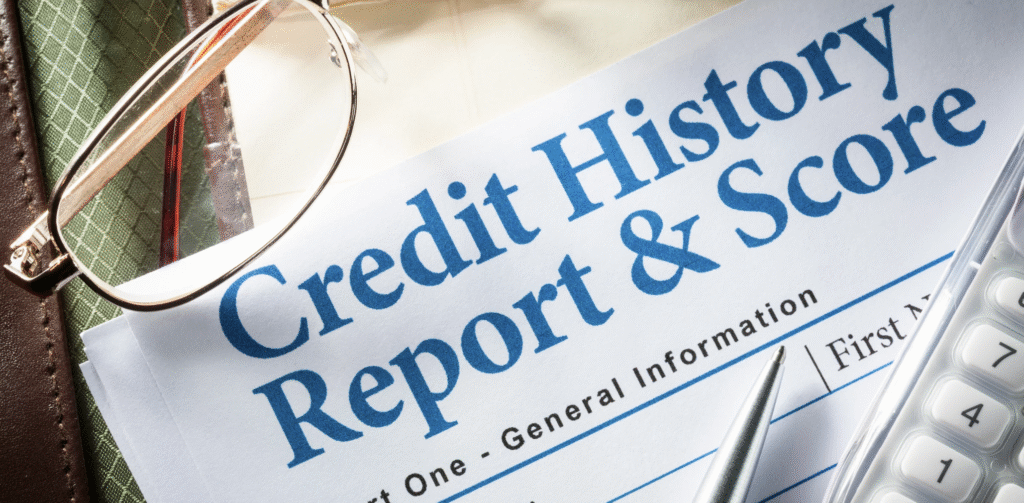
What Is Credit Repair?
Credit repair is the process of fixing problems on your credit report. These problems could be mistakes like wrong account information, or old debts that should be removed. Fixing these issues can help raise your credit score over time.
Credit repair can be done by yourself or with help from a company. Either way, it takes time, proof, and patience. There is no magic trick. But if your report has errors, correcting them can make a real difference.
When Credit Repair Can Help
Credit repair works best when your report has errors. Some examples:
- Accounts listed that don’t belong to you
- Late payments that were actually paid on time
- Debts that are too old to stay on your report
- Accounts that were already paid off but still show as unpaid
If any of these show up on your report, you can file a dispute. You have the legal right to ask credit bureaus to fix these errors. If they can’t verify the info, they must remove it.
How much unsecured debt do you have?
Choose an option to check relief eligibility:
Takes less than 60 seconds. No obligation.
What Credit Repair Won’t Do
It’s important to know what credit repair can’t do:
- It can’t remove true, negative information that is current
- It won’t wipe away debts you still owe
- It won’t give you a perfect credit score overnight
If your credit is low because of unpaid bills or missed payments, you’ll need to work on those directly. Paying off debt, making payments on time, and using less credit are the best ways to rebuild trust with lenders.
How to Start Repairing Your Credit
You don’t need to hire a company to fix your credit. You can do it yourself. Here’s how:
- Get your free credit reports.
- Look for errors—check names, accounts, balances, and payment history.
- Dispute any mistakes. If you find something wrong, file a dispute with the credit bureau that shows the error. They have 30 days to investigate and respond.
- Follow up and keep notes and copies of everything.
If the bureau fixes it, your score might go up.

Extra Tips for Rebuilding Credit
Even while fixing errors, you can do other things to help your score:
- Pay every bill on time—late payments hurt the most
- Keep credit card balances low
- Don’t open new accounts unless you need them
- Ask for higher credit limits (if you can handle it) to lower your usage rate
- Consider a secured credit card if you need to rebuild from scratch
Should You Use a Credit Repair Company?
Some companies offer credit repair services, but be careful. You should never pay upfront. The law says they must show results before charging you. Also, no company can guarantee a higher score.
If you choose to hire help, make sure the company is registered, has good reviews, and gives you a clear contract.
Final Thoughts
Credit repair can work—but only when there’s something to fix. If your credit report is full of real, unpaid debts, no service can remove them. But if you see errors or out-of-date accounts, you have the power to clean them up.
Fixing your credit takes effort, but it’s worth it. A better score can help you get lower interest rates, better loan offers, and more financial freedom.


